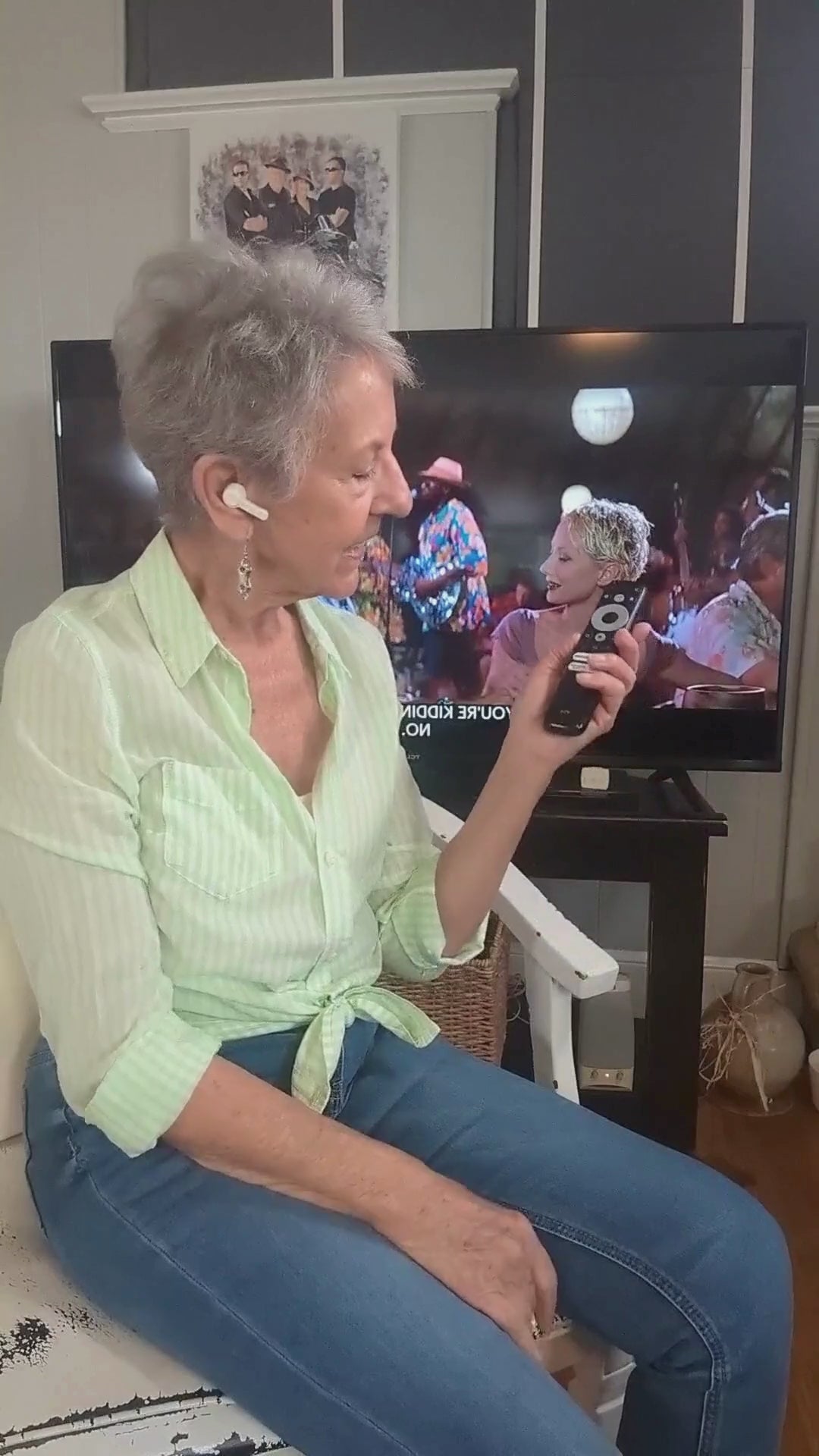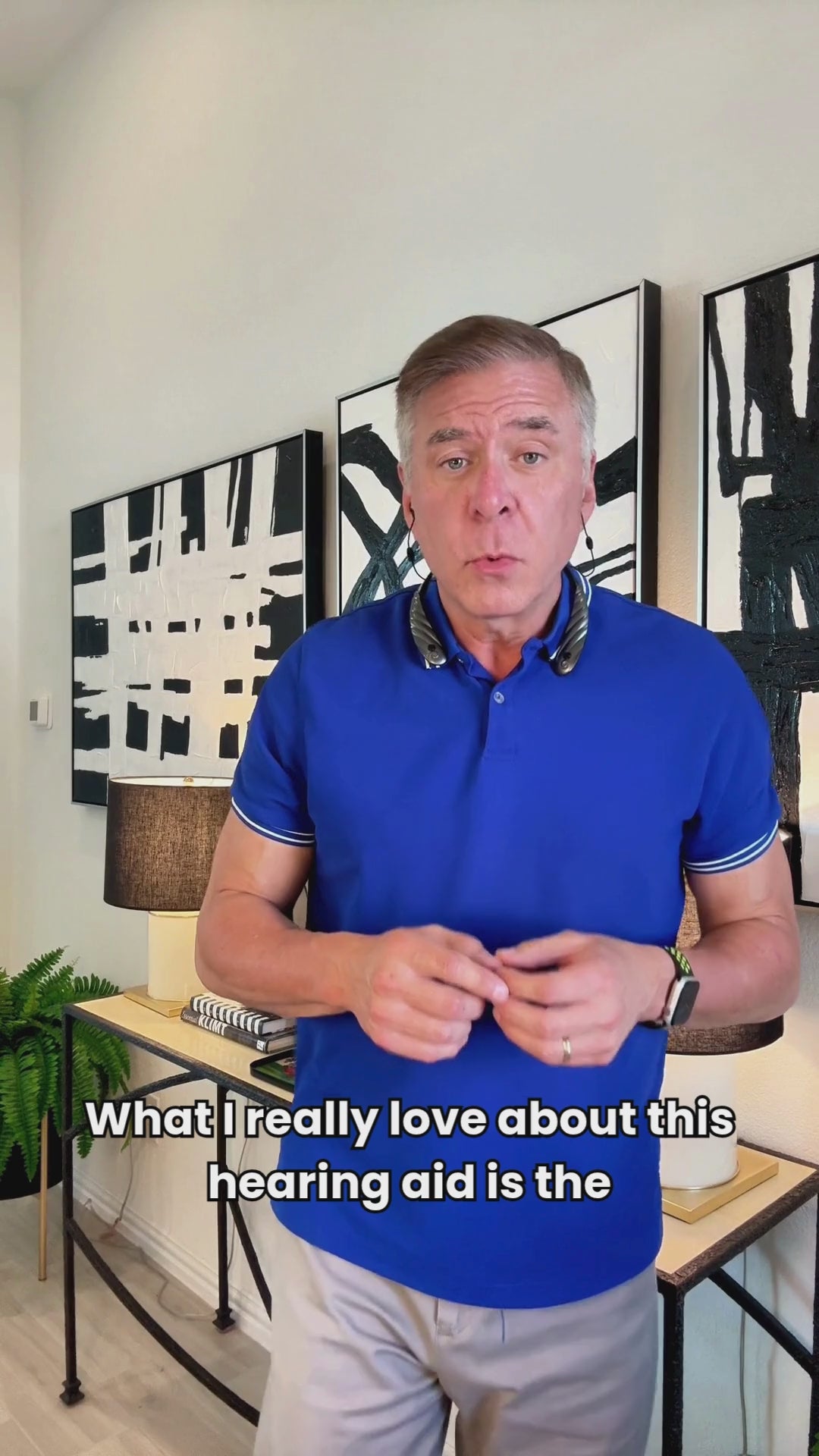PCAST and Hearing Loss
In 2016, the President's Council of Advisors on Science and Technology (PCAST) addressed the challenges of age-related hearing loss, highlighting the expensive nature of hearing aids and the barriers in the current acquisition process. PCAST proposed that simple changes to the Food and Drug Administration (FDA) regulations could significantly improve the accessibility of hearing aids without compromising the safety of those with hearing impairments.
PCAST recommended establishing a basic air-conduction hearing aid (non-surgical) suitable for mild to moderate age-related hearing loss. Moreover, they suggested that this type of hearing aid should be available over the counter (OTC), allowing for purchase in stores or online without the need for consultation with certified fitting specialists. PCAST also proposed self-diagnostic and self-adjustment tests for users, empowering them to self-assess, manage, and monitor their hearing needs.
Echoing PCAST's sentiments, the United States National Academy of Sciences (NAS) advocated for strengthening consumers' and patients' ability to navigate hearing health care systems. They aimed to improve access to hearing care for underserved populations and introduce FDA-approved OTC hearing aids for easy over-the-counter purchase.
OTC Hearing Aid Act
In response to these recommendations, President Trump signed the Over-the-Counter Hearing Aid Act into law in 2017. This bipartisan legislation mandated the FDA to formulate regulations supporting OTC sales of hearing aids for mild to moderate hearing loss, revolutionizing the hearing aid industry. The act eliminated the need for a medical waiver, enabling individuals with mild to moderate hearing loss to access hearing aids without bureaucratic hurdles.
To counter arguments from PCAST and NAS, hearing care experts emphasize the positive benefits of existing hearing aid acquisition models. Numerous studies show that in-person fitting services provide superior results compared to online alternatives, emphasizing the value of face-to-face assistance. The presence of significant others during the fitting process also yields positive outcomes, with a higher percentage of individuals choosing to wear hearing aids when accompanied by important persons in their lives.
Since the official implementation of the Act in October 2022, hearing aid products can now claim to address hearing loss specified under FD&C Act Section 520(q) and be marketed as OTC hearing aids. While hearing aids remain regulated devices, sales must comply with federal and state requirements.
OTC Hearing Aids
The enactment of this legislation points towards a potential future of innovative developments in the hearing aid industry. Early access to hearing aids helps mitigate the health risks associated with hearing loss and reduces the societal welfare costs. The use of hearing aids significantly improves the quality of life for those with acquired hearing loss, underscoring the importance of early and continuous use for post-lingual hearing-impaired individuals (Lin, 2019). As the law takes effect, it sets the stage for a new era of positive change, allowing individuals with hearing loss to proactively manage their hearing health and well-being. Mimitakara, as a qualified provider of OTC hearing aids, stands ready to contribute to this transformative journey, offering affordable and accessible solutions for a thriving OTC hearing aid community.










